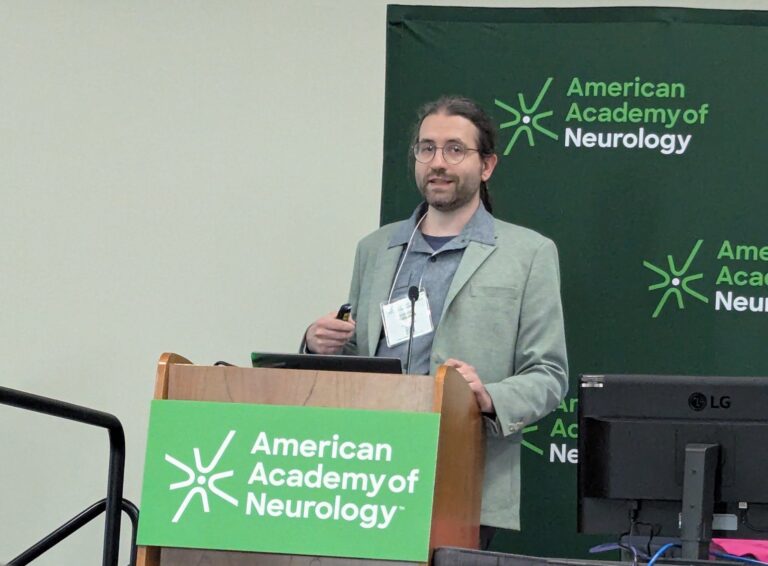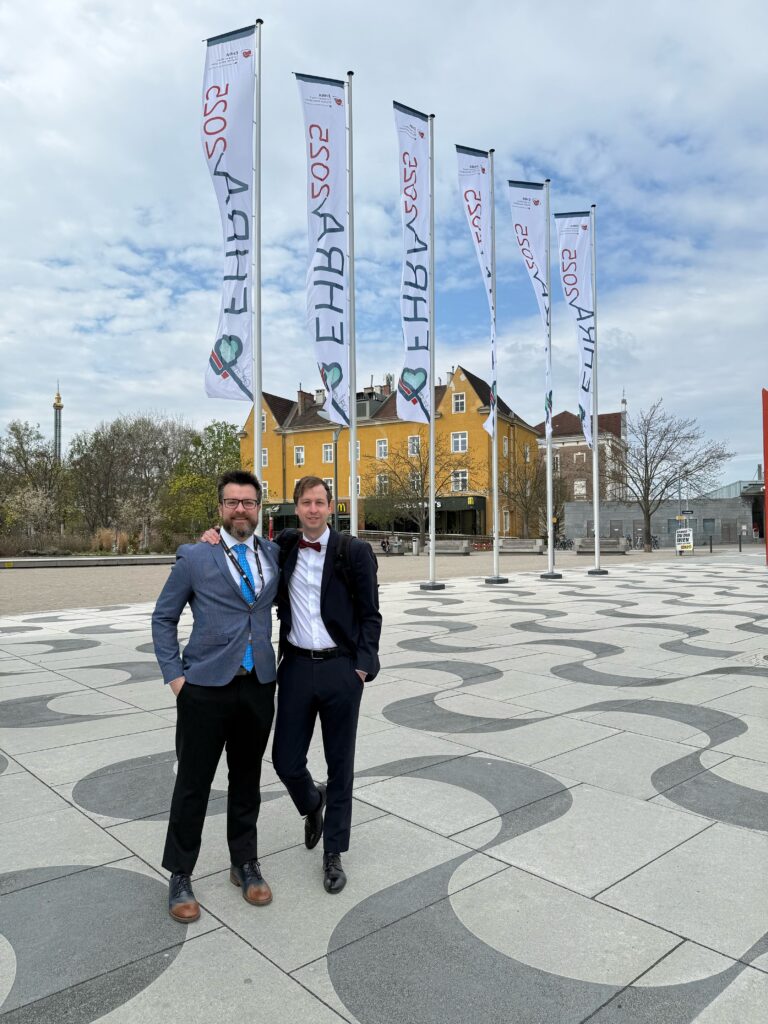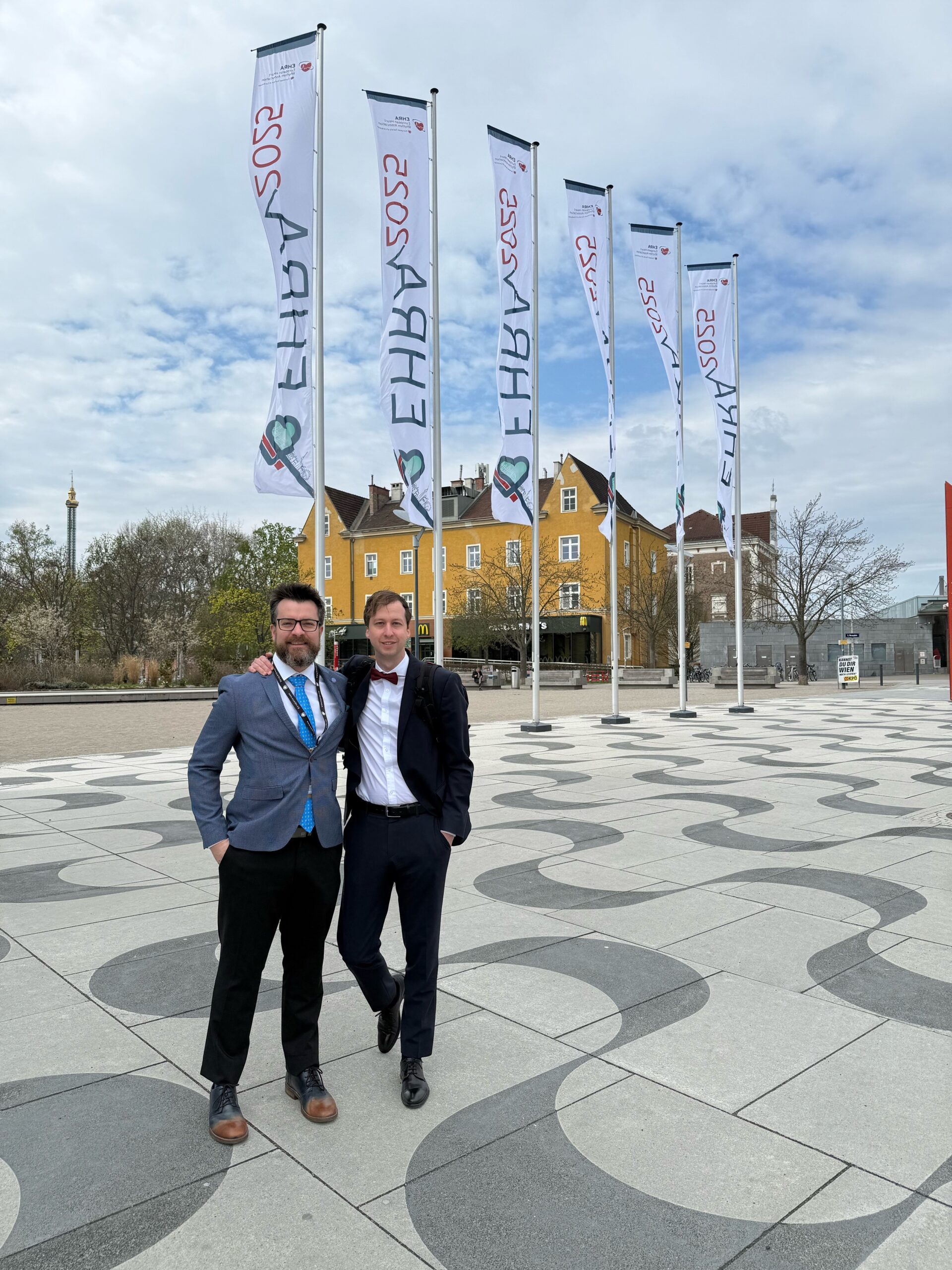PHRI researchers have shown that surgical left atrial appendage occlusion (LAAO) during cardiac surgery prevents ischemic strokes in patients with atrial fibrillation.
The findings of the LAAOS III study were presented today at ACC 2021 by co-Principal Investigator Richard Whitlock, PHRI Senior Scientist, and published simultaneously in The New England Journal of Medicine.
From time of the surgery involving LAAO, the PHRI trial found a 33% reduction in stroke or systemic embolism in patients, and 42% beyond the first 30 days after surgery. These findings were for patients who were primarily on oral anticoagulation.
“If you are undergoing heart surgery and have atrial fibrillation, the surgeon should be removing your left atrial appendage, because it’s a set-up for forming clots,” says Whitlock, a Professor and Associate Chair, Research, in the Department of Surgery at McMaster University.

Stuart Connolly
“The results of this study will change practice right away because this procedure is simple, quick and safe for the 15 per cent of heart surgery patients who have atrial fibrillation,” said Stuart Connolly, co-PI of LAAOS III, and a PHRI Senior Scientist and a Professor Emeritus of Medicine at McMaster. He is also known for advancing this field by establishing the efficacy and safety of newer blood thinners in the past.
LAAOS III study findings “will prevent a great burden of suffering due to stroke,” Connolly adds.
The study tracked 4,811 people in 27 countries who are living with atrial fibrillation and taking blood thinners. Consenting patients undertaking cardiopulmonary bypass surgery were randomly selected for the additional left atrial appendage occlusion surgery; their outcomes compared with those who only took medicine. They were all followed for a median of four years.





